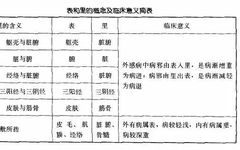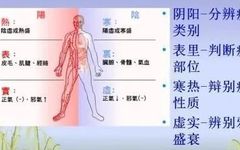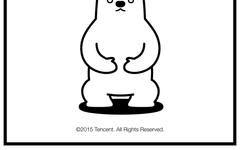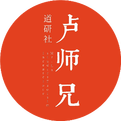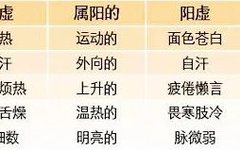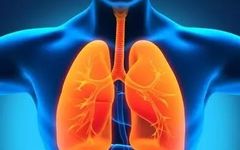The Eight Principles of TCM Diagnosis
The Eight Principles (Ba Gang) of Diagnosis is a fundamental method of diagnosis. It utilizes the eight principles of Yin-Yang, Exterior-Interior, Cold-Heat, and Deficiency-Excess to analyze and summarize disease patterns, providing a basis for treatment. The Exterior-Interior principle differentiates the depth of the disease location; Cold-Heat distinguishes the nature of the disease; Deficiency-Excess identifies the … Read more

